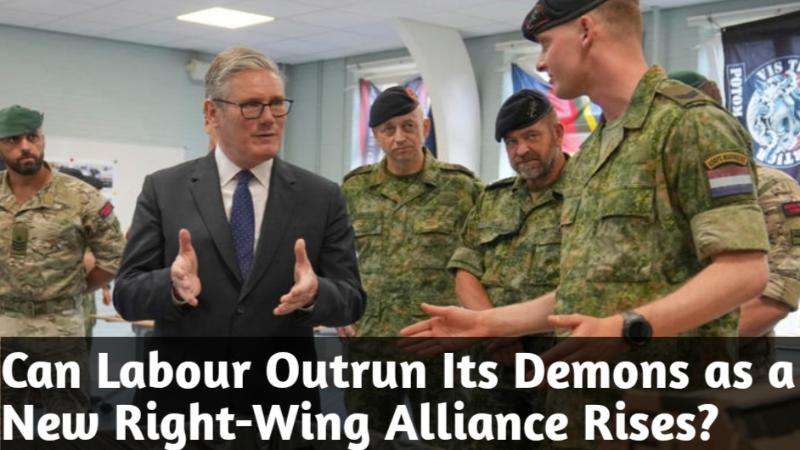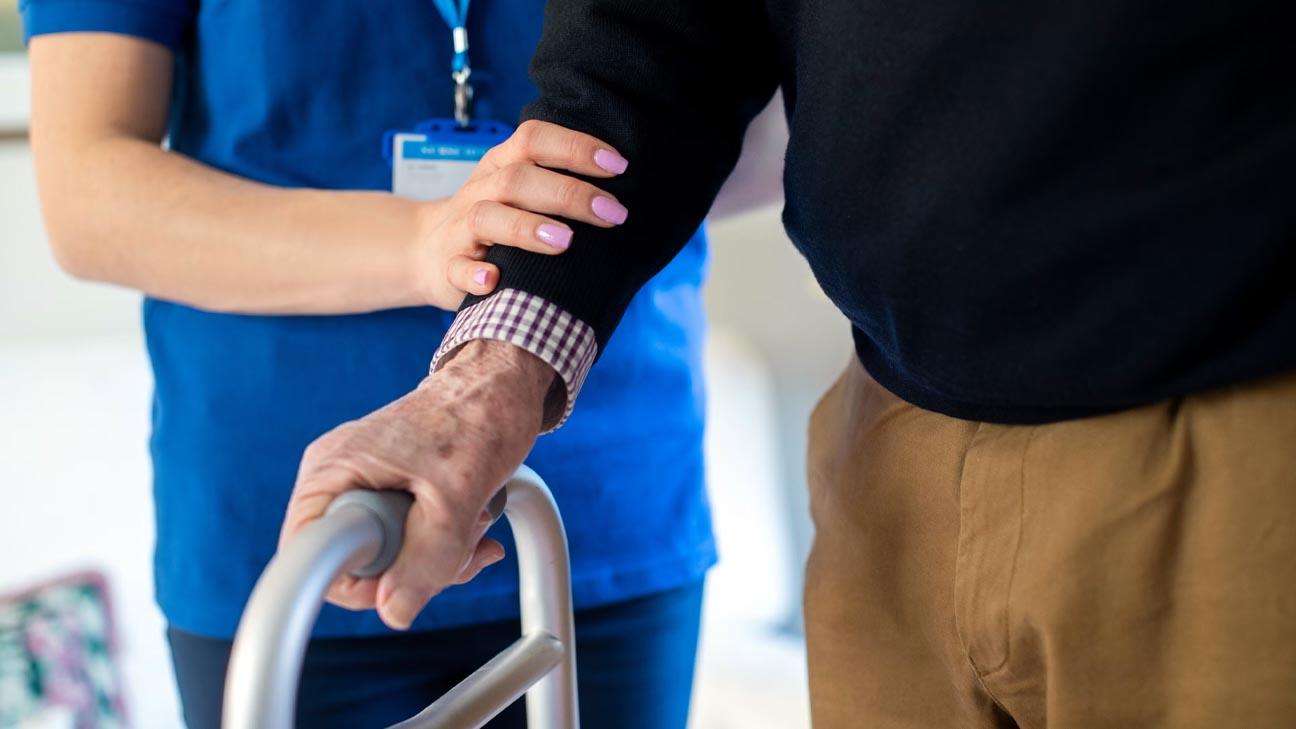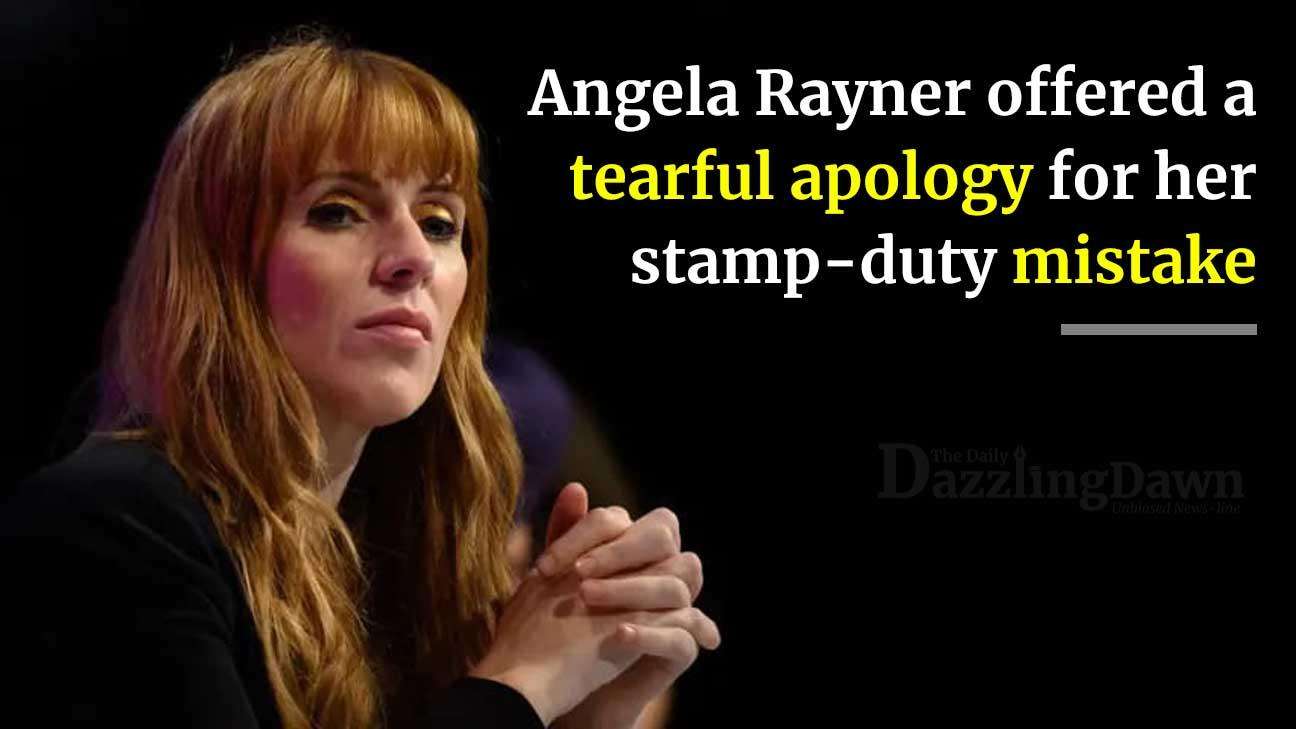A recent leaked email has brought to light the complex and challenging discussions taking place behind the scenes among high-level officials regarding the national "Operation Raise the Colours" flag campaign. The memo, from a meeting held on August 27 by the National Community Tensions/Hate Crime Gold Group, reveals that officials from the police, Home Office, and other bodies described the widespread display of English flags and crosses as posing "narrative challenges."
The campaign, which has seen St. George's Cross and Union Jack flags hung from lampposts and homes across the country, has sparked a national conversation about the meaning of patriotism in a diverse society. While many participants in the campaign see the flags as a simple expression of national pride, others, including members of certain communities, feel that the displays are intimidating and have been co-opted by groups with anti-migrant and anti-Muslim sentiments.
According to the leaked email, officials noted that while the overall tone of anti-migrant protests has become "less hostile," it has become "increasingly febrile," marked by a rise in public flag displays and graffiti. The memo specifically states that "flags/crosses present narrative challenges" in the context of a general commitment to remove racist graffiti. This phrasing, which has drawn criticism from some quarters, reflects the difficulty authorities face in differentiating between a benign display of national identity and a symbol that, for some, has become associated with hostility and exclusion.
The meeting, which was chaired by the National Police Advisor for Hate Crime, also included representatives from Tell MAMA, an independent group that monitors anti-Muslim hatred. Tell MAMA shared concerning data, revealing that reports of anti-Muslim hatred have significantly increased in recent weeks, a rise they link directly to the high levels of anti-migrant sentiment currently present in public discourse. This is consistent with their wider findings; in 2024, Tell MAMA recorded the highest number of anti-Muslim hate cases since its founding in 2011. The group's 2023-2024 report documented 9,604 verified cases of anti-Muslim hate, with a 165% rise in total cases since 2022. This troubling trend underscores the very real concerns of Muslim communities who feel vulnerable to verbal and physical attacks. A significant portion of these attacks are directed at women, with 75% of women victims being visibly Muslim, according to Tell MAMA's previous findings.
A spokesperson for the Metropolitan Police clarified that the "narrative challenges" mentioned in the memo refer to the inconsistencies in how different local authorities have responded to the flags, creating difficulties for police in terms of consistent operational planning. They affirmed that the decision to remove flags lies with local councils, and officers only intervene if a criminal offense has been committed.
A Home Office source expressed a different perspective, noting that many of their colleagues view the flag-raising campaign as "racist and suspect," and feel ashamed of it. This highlights the deep divisions that exist even within government institutions on issues of national identity and immigration. However, a government spokesman maintained that the Prime Minister views the Union Flag and St. George's Cross as "unifying symbols of national identity, heritage and shared values," stating that any other characterization is "entirely unreflective of the Government's views."
Tell MAMA provided a further statement to The Express, clarifying their stance at the meeting. They stated that they made it clear that people have a right to celebrate St. George's flag and that patriotism should not be viewed negatively. Their concern, they emphasized, is solely with the documented rise in anti-Muslim hate, with some reports detailing victims being told to "leave the U.K." or "go back to their own country." The group's focus remains on supporting those who are targeted by hate speech and actions, regardless of the symbols that may be used to express that hatred. The news story remains a dynamic one, as councils and communities continue to navigate the complex issues of public space, national identity, and the need for all citizens to feel safe and included.
_7.jpg)
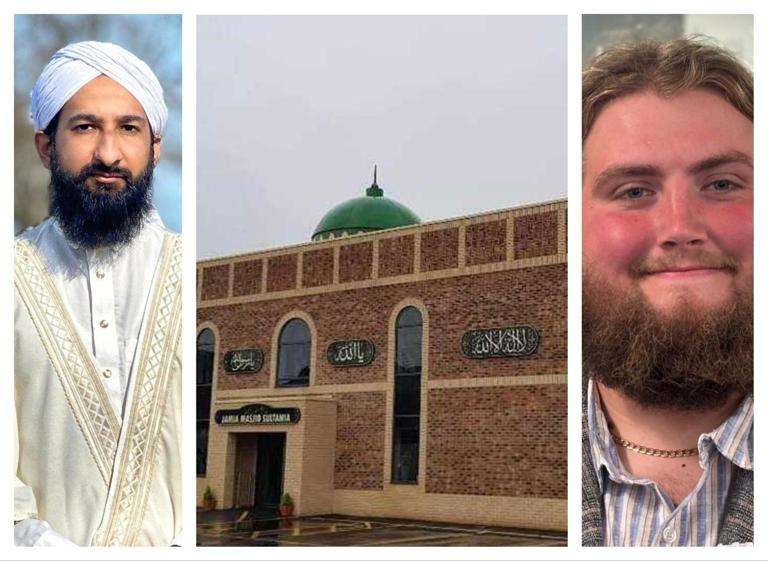

_9.jpg)
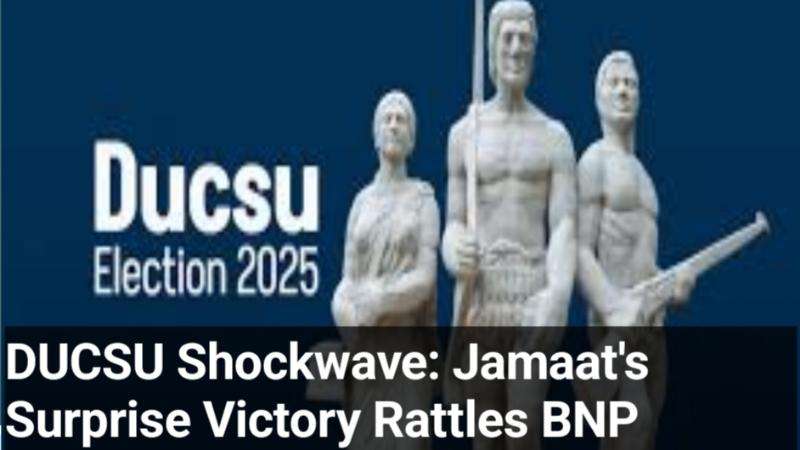



.svg)

